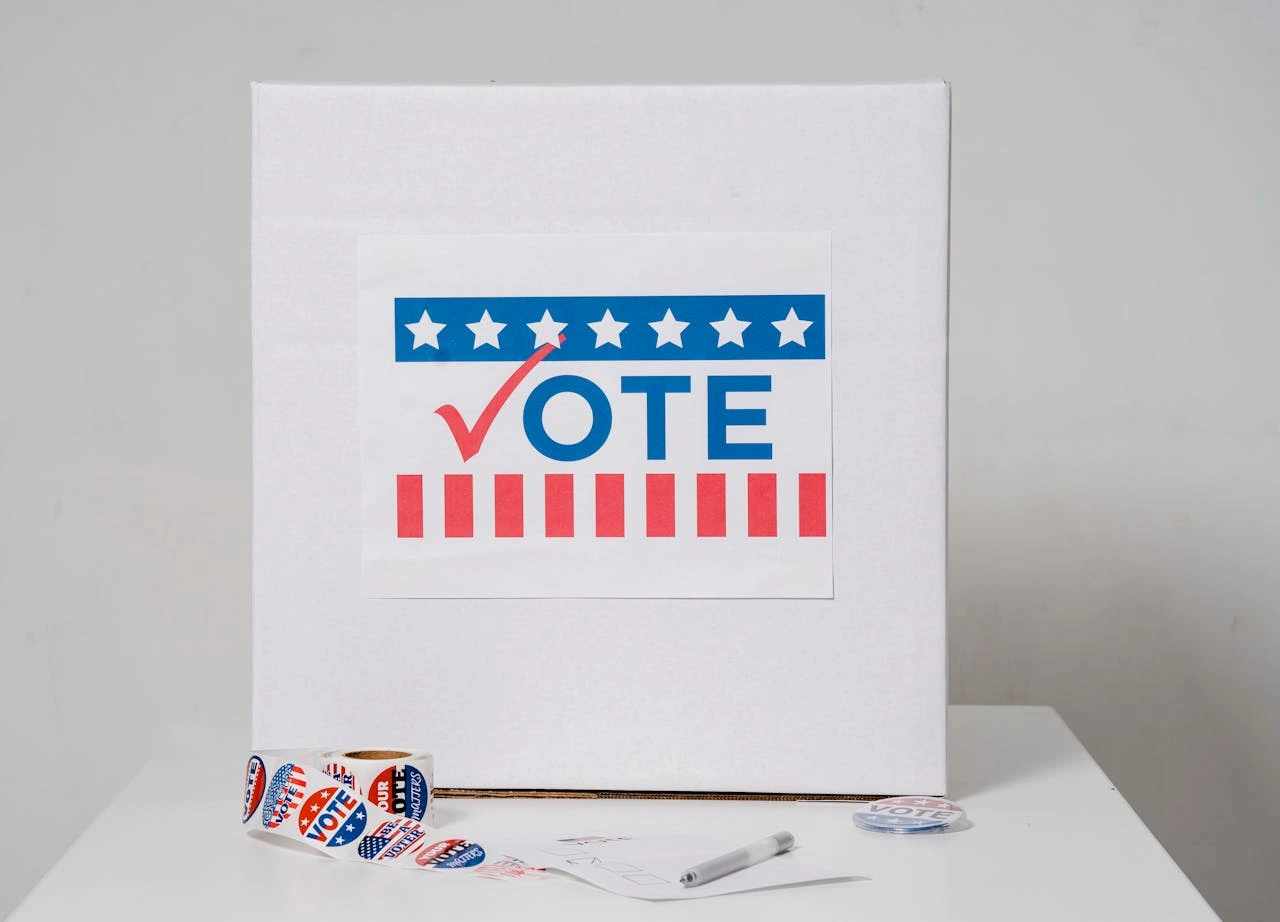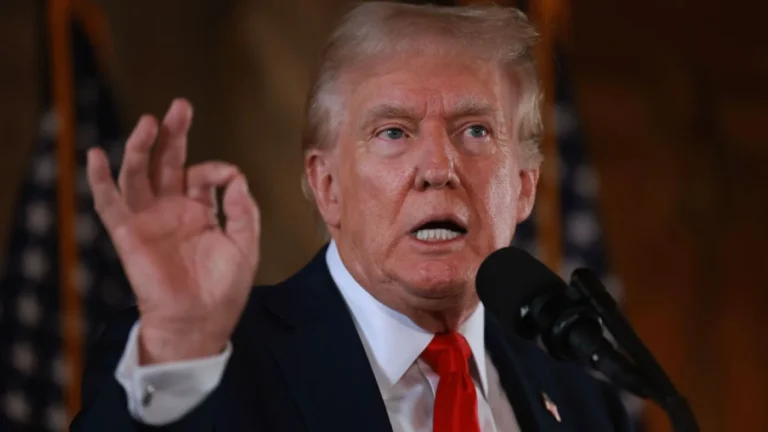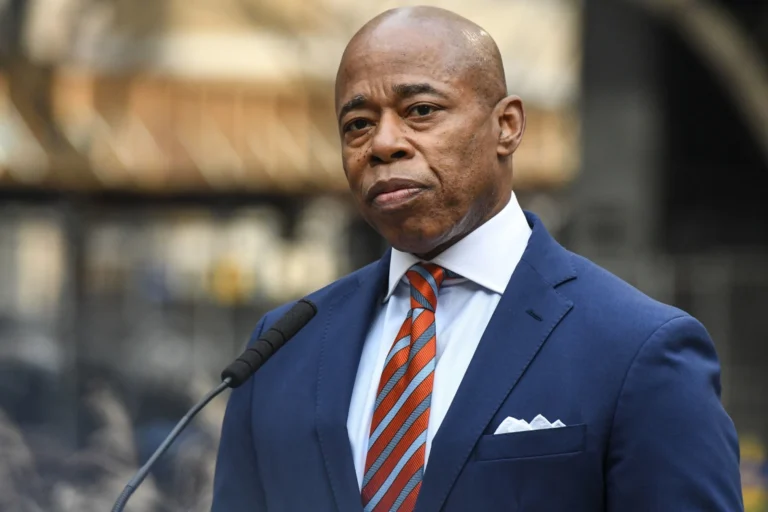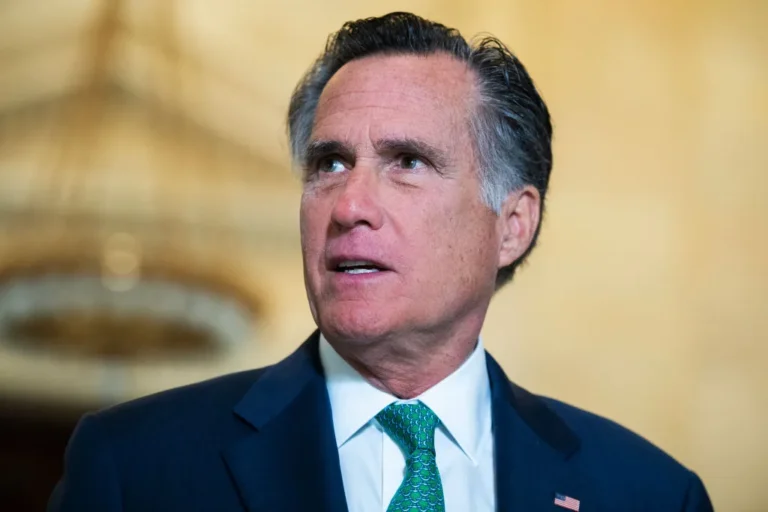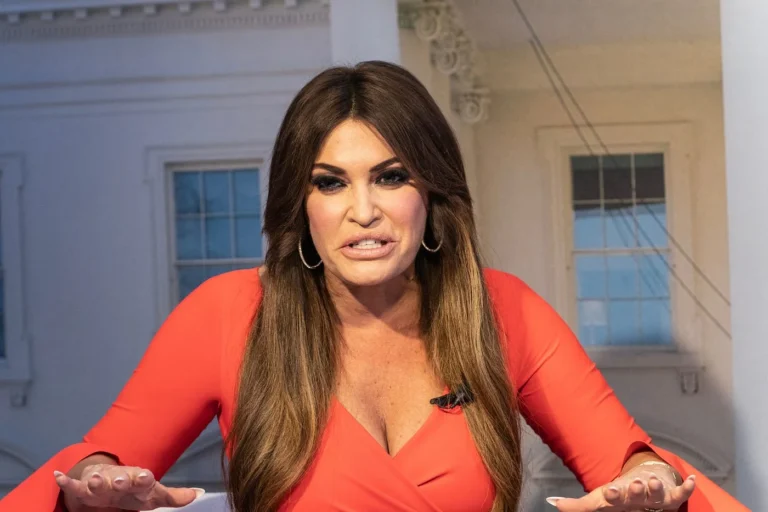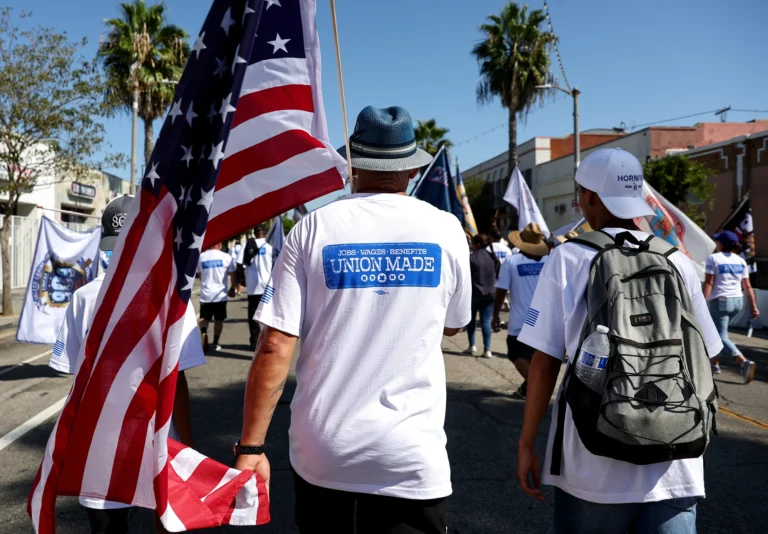Voters in Uruguay Head to the Polls Amid Key Challenges
On Sunday, voters in Uruguay, one of Latin America’s most stable democracies, will choose a new president. This small South American nation, home to 3.4 million people, has earned a reputation for its political and economic stability, even as it grapples with pressing issues like crime, child poverty, and an aging population.
While opinions on key topics may vary, Uruguay’s elections are characterized by civility and a focus on policies rather than personal attacks, distinguishing them from elections in other regions, particularly the United States.
Due to constitutional term limits, the incumbent president, Luis Lacalle Pou, 51, cannot seek re-election. The upcoming election will determine whether his conservative coalition can maintain control or if a moderate leftist alliance will reclaim power. This opposition coalition, which legalized marijuana and expanded green energy initiatives during its governance from 2005 to 2020, could potentially stall a proposed trade deal with China. Candidate Yamandú Orsi has expressed a preference for negotiating through Mercosur, a South American trade alliance.
The incoming president will face the challenges of an aging demographic, persistent child poverty, and rising crime rates linked to drug gangs in a country traditionally viewed as one of South America’s safest.
If no candidate secures a majority, a runoff will take place on November 24.
Candidates in the Running
Álvaro Delgado, 55, is the candidate for the governing party, having previously served as a rural veterinarian, congressman, and chief of staff to Lacalle Pou. Both he and Lacalle Pou are part of the center-right National Party, which is a member of the ruling Republican Coalition. A victory for Delgado would mean the continuation of a pro-business agenda focused on trade agreements and streamlined regulations.
His main opponent, Yamandú Orsi, 57, has a background as a high school history teacher and served as the mayor of Canelones. Born into a working-class family in Canelones, he has risen through the ranks of the Broad Front, a progressive coalition encompassing various leftist groups, including former president José Mujica, whose support helped him secure the nomination.
Also in the race is Andrés Ojeda, 40, from the conservative Colorado Party, who is known for his efforts to connect with younger voters through social media, even showcasing a more personal side in campaign spots.
Key Issues at Stake
Uruguayan elections often focus on consensus, with parties across the political spectrum largely agreeing on many issues. The leading candidates emphasize the importance of maintaining business-friendly policies and the country’s generous Social Security system, which provides free healthcare to the underprivileged. Orsi has indicated that Uruguay’s robust political framework leaves little room for populist movements seen elsewhere.
Orsi has been critical of the current administration’s approach to crime and has pledged to take significant action against drug gangs, aiming to hire 2,000 new police officers. The rise in Uruguay’s homicide rate has alarmed the public, with many citing insecurity as a top concern, followed by unemployment and poverty.
To address child poverty, which affects 25% of the population, Orsi plans to create more job opportunities for youth and increase wages for low-income workers. Delgado has also committed to supporting disadvantaged children through a $200 million spending initiative, although he emphasizes economic growth, aiming to finalize the trade agreement with China and reduce government size by eliminating 15,000 jobs in favor of online services.
Election Predictions
Orsi has consistently led in polls, but analysts suggest he may not achieve the necessary majority to avoid a runoff with Delgado. Ojeda’s support, along with that of smaller conservative party candidates, could be crucial in a potential second round, similar to the coalition that helped Lacalle Pou win in 2019. However, Orsi’s relatable demeanor and backing from Mujica position him as a strong contender for the presidency.
When Will Results Be Announced?
Polling stations will be open from 8 a.m. to 7:30 p.m., with initial results expected within a few hours. These will be published on the website of Uruguay’s electoral authority.
